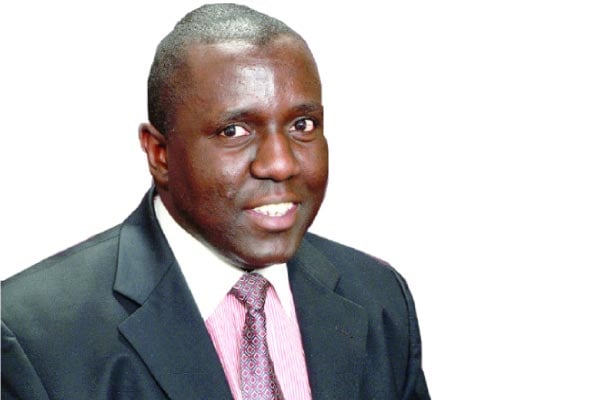Prime
Opposition must be cautious not to lose battle of ideas and descend into pettiness

Author: Karoli Ssemogerere. PHOTO/FILE
What you need to know:
- In the absence of these debates, the agenda may be set for a highly quarrelsome and personalized campaign that will reach beyond the sitting rooms into the bedrooms.
In about 22 months, the Electoral Commission will preside over another general election.
On one side, will be the ruling party, its incubator, the MK movement and what remains of the traditional political parties that are in different stages of cohabitation with National Resistance Movement (NRM).
Uganda People’s Congress (UPC) has the best deal and has played its cards best, likely to benefit most from the difficulties Forum for Democratic Change (FDC) found itself in last year splitting into a mainstream faction and a Katonga faction. Democratic Party (DP) is in a formal pact with NRM. The MK movement is a pressure group whose character is still transforming into either a political party affiliated with NRM or an electoral grouping or front.
Left in the opposition is the parliamentary opposition National Unity Platform (NUP), which recently changed its leadership. NUP and the founders of FDC seem to have diagnosed a core problem that electoral politics makes little sense without an overhaul of the entire political system but have struggled to present an alternative agenda, whether it includes or excludes elections to confront NRM.
This delay in presenting a uniform platform of minimum reforms necessary to participate in the elections has allowed NRM to get away with a position of – no reforms, except ours, and even start the most basic process, appointment of a constitutional review commission to consider necessary changes to the constitution.
This delay, partly anger, partly lack of tact is creating a very big price for them in the long run. Their members need hope. Only UPC has been able to win a parliamentary by-election that turned Oyam District all-red; and all-female.
After a strong start, with a legislative agenda, the opposition is faced with an avalanche of government legislation, rationalization of government agencies, and slightly improved fiscal fortunes that make it less vulnerable.
Things are so free, now, that NRM normally averse to internal conflict is even considering internal house-cleaning. After defending its members accused in the iron sheets scandal, no one has gone to jail yet, things are shaking up slowly in NRM. A much-delayed cabinet reshuffle is normally a signal to get into election mode but this time, 80-year-old President Museveni is taking all of the time in the world.
On the economic front, opportunities to bring the government to account. A feeble upcountry economy, the economy seems to have frozen in many parts of the country with very little mention. Urban blight, the story of many urban areas collapsing into shanty towns, or even mountains of rubbish that greet visitors to cities like Mbale also go without mention.
NUP did the unthinkable in 2021, grabbing many seats from NRM. A chance to ride over failure to deliver promises in the Albertine Oil region or the historical problems of unemployment are all attracting radio silence.
In the absence of the battle of ideas, what is then left. We are left with stories of the chicken that laid two eggs instead of one? What happened to returning presidential term limits, implementing reforms in local government or even shrinking the size of government. What about the lack of sunshine into the oil production sharing agreements? What about the bread-and-butter issues, diminishing purchasing power of the shilling, crime, school dropouts and unemployment.
In the absence of these debates, the agenda may be set for a highly quarrelsome and personalized campaign that will reach beyond the sitting rooms into the bedrooms. The famous conversation; my family versus your family? Is this how to wage a national campaign?




